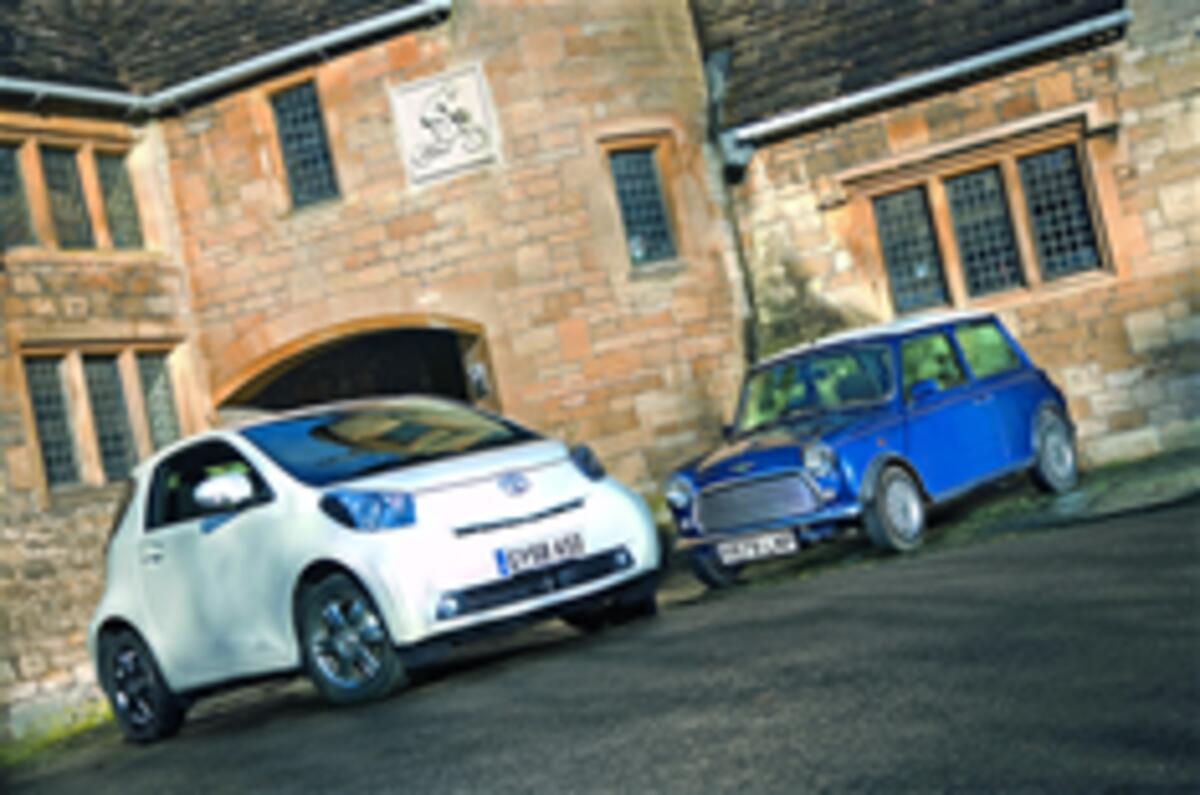March was a month of mild panic at Volvo. Sources within its owner, Ford, confirmed that the firm was for sale, and that potential bidders had already been in touch. What’s more, none was a Western European car maker. Chinese firms, notably Geely, were said to be leading the way. To cap it all, by the end of the month Volvo’s British-born design chief, Steve Mattin, had resigned.
In the middle of March the Swedish government threw the car industry in general a curveball by announcing plans to stop using petrol and diesel to power cars by 2030. ‘Second-generation ethanol’, produced from organic waste such as wood chippings and animal manure, would be expected to make up the shortfall.
The Geneva show heralded plenty of new cars, but one eagerly awaited model was not to be. Having teased with the stunning four-door Estoque, Lamborghini announced that it had shelved plans to build this Aston Rapide rival. “The timing and market conditions are just not right,” said Lambo R&D chief Maurizio Reggiani.
There was pain and gain for the British car industry. The Society of Motor Manufacturers and Traders canned the 2010 London motor show and indicated that the event may not be viable at all until 2013.
At least Jaguar and Land Rover were on the right track. Jag claimed a notable scalp when it ended Lexus’s 14-year reign at the top of the North American JD Power survey on car reliability. Matt Prior also drove its XF 3.0D S and concluded that the new engine “has made complete something that was already exceptional”. Meanwhile, Land Rover confirmed it would turn the LRX concept into a production model wearing a Range Rover badge.
On the road, the highlight of the month was Steve Cropley’s exclusive first drive of the Tata Nano in India. “It proves that India has lessons for the rest of the automotive world,” said our man. “The Nano could prove to be as influential as Alec Issigonis’s original Mini 50 years ago.”
Speaking of the Mini, the designer of its suspension, Alex Moulton, was introduced to Toyota’s take on the modern city car, the iQ. “A fine little car,” he said, “but it shares remarkably few of a Mini’s advantages.”
As Britain’s recession gripped hard, we lined up 100 great secondhand buys that could offer decent motoring for less money – but we also looked upmarket, as the Alfa Romeo 8C was pitched against Maserati’s GranTurismo S. The Maserati was an easy winner, but Steve Sutcliffe said the Alfa “deserves its place in the world, alongside the other great, pointless works of art”.





Add your comment